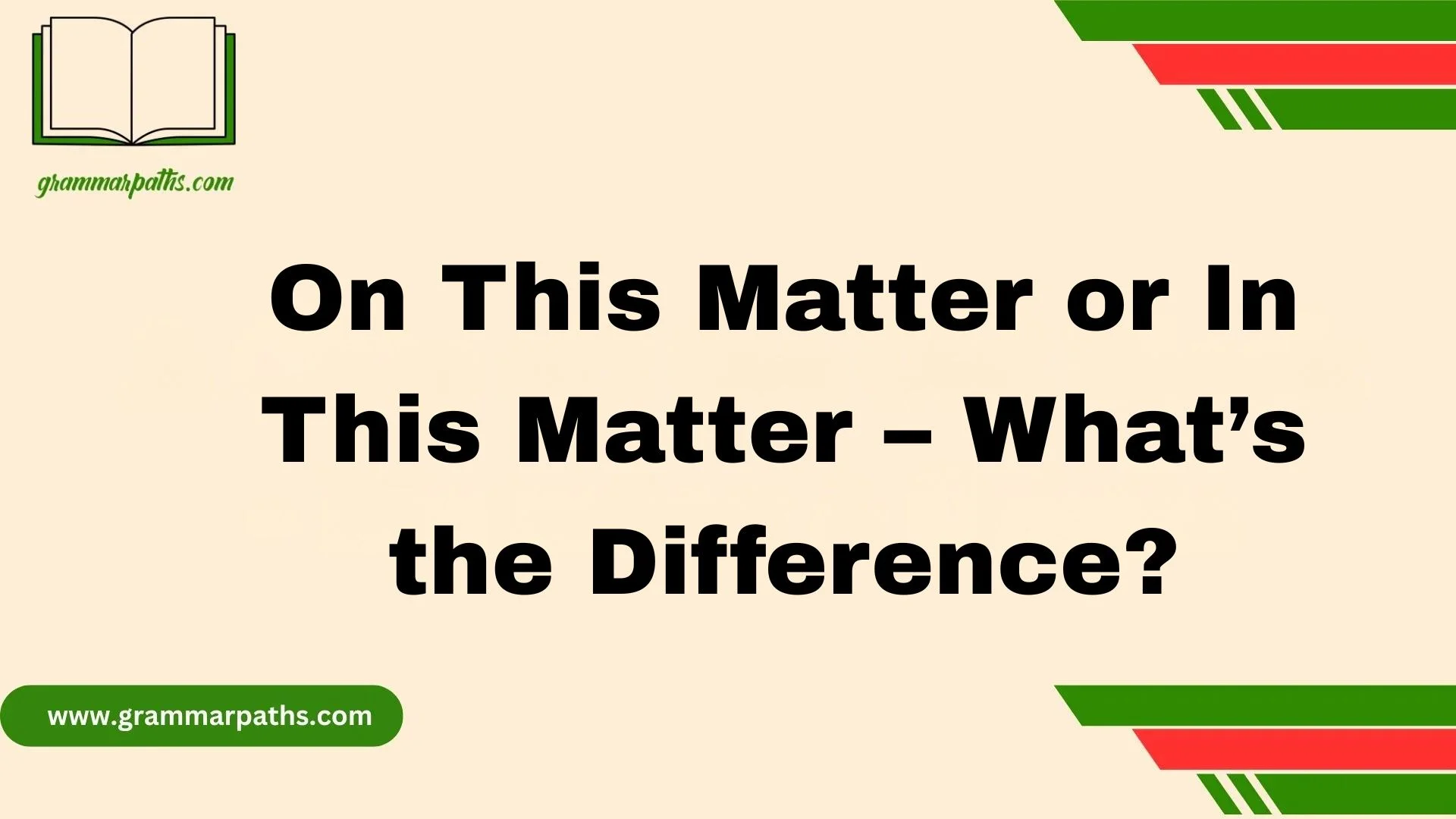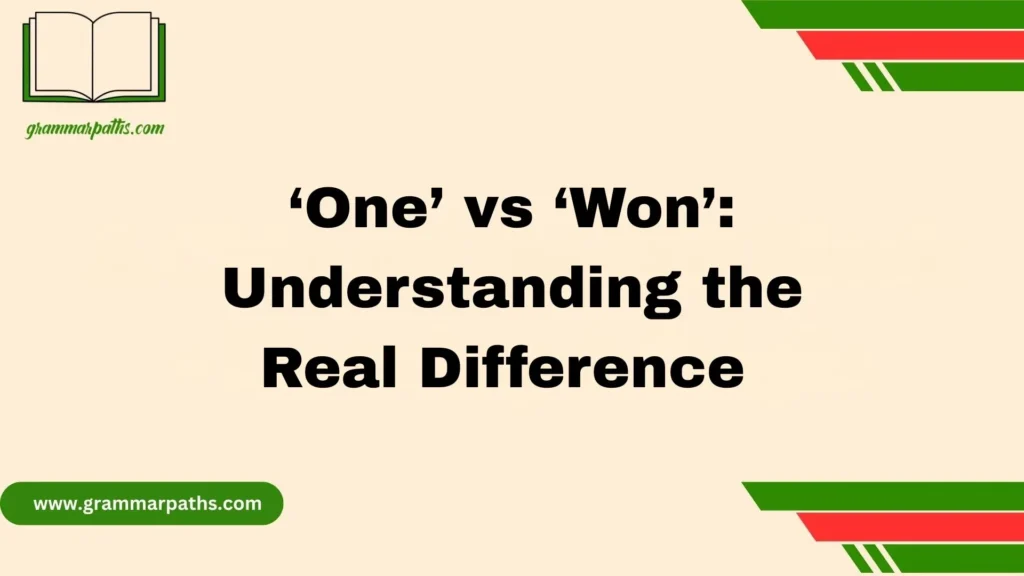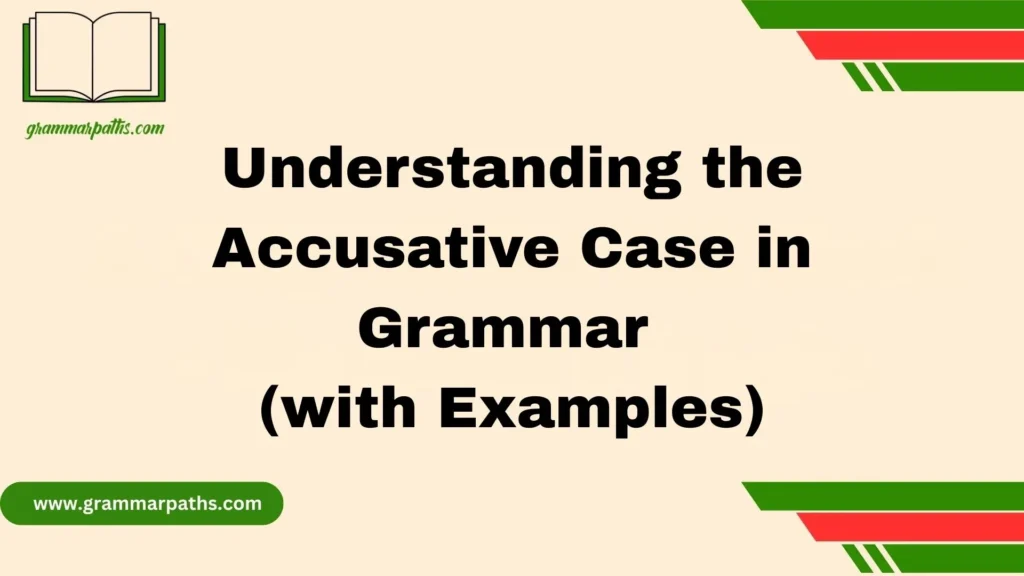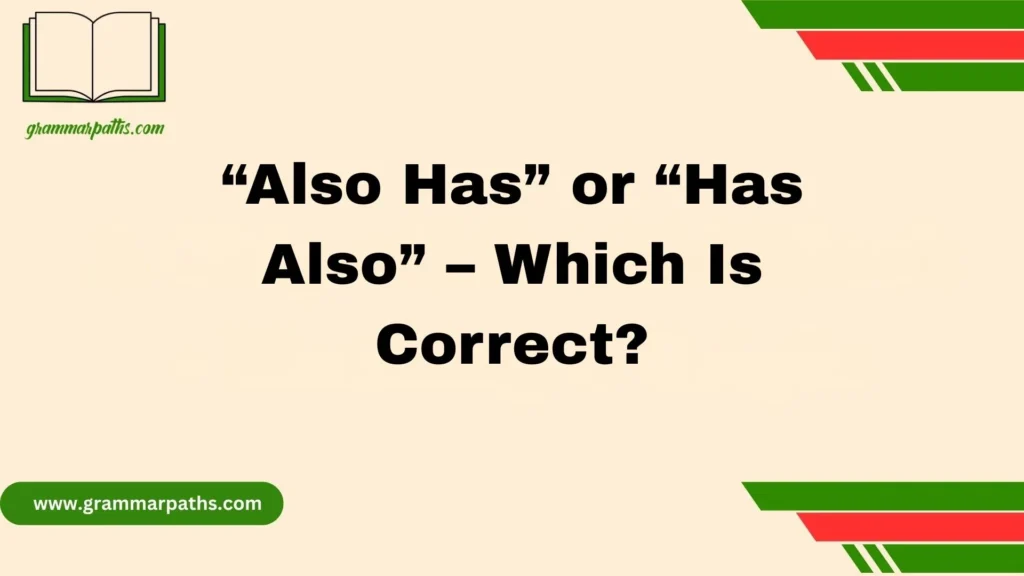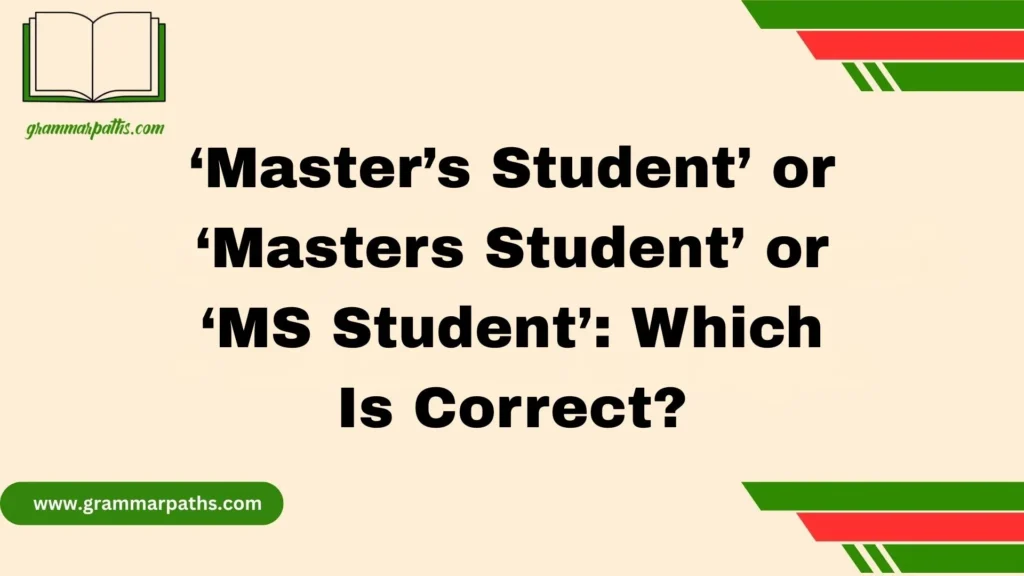In my business experience, I’ve seen how communication often depends on language that carries subtle nuance. In professional fields such as law, academia, or formal writing, carefully selecting the right phrases can signal the difference in tone that shapes a matter as either acceptable or not. Each word works in specific contexts with unique purposes—one that highlights the direction of a message, and another that shows involvement or action already taken. Choosing wisely avoids ambiguity and keeps the meaning clear, which I’ve found especially important when working across industries where small differences in grammatical choice may carry weight.
From my own practice, I know these choices are not random but deeply contextual and often intentional. Breaking apart terms that may look like fluff at first allows us to see how they reflect broader meanings and follow trends shaped by real-world usage. When I advise younger writers, I often suggest they study practical examples in their own field to find the best fit. Over time, mastering these subtle choices helps sharpen style, ensures clarity of meaning, and keeps the message understood without confusion.
The Core Difference at a Glance
At their heart, the two phrases emphasize different aspects of communication:
- “On this matter” → focuses on opinions, positions, or stances about a subject.
- “In this matter” → emphasizes involvement, assistance, or participation within a situation.
Here’s a quick comparison to make it crystal clear:
| Phrase | Meaning | Tone | Common Use Cases |
| On this matter | Opinion, stance, focus on an issue | Authoritative, evaluative | Business meetings, debates, political speeches |
| In this matter | Role, involvement, participation | Polite, collaborative | Legal writing, professional emails, teamwork |
Think of “on” as standing on a platform to give your opinion. Meanwhile, “in” feels like being inside the situation, working as part of it.
Breaking Down “On This Matter”
The preposition “on” generally means about, regarding, or concerning when used with abstract topics. When someone says “on this matter,” they’re drawing attention to their stance or focus.
Examples in Action
- “I fully support your decision on this matter.”
- “The board has reached a conclusion on this matter.”
- “Her comments on this matter were insightful.”
Tone and Connotations
- Authority and evaluation: Using “on this matter” often suggests you’re weighing in with an opinion or judgment.
- Decisiveness: It shows you’re ready to take a position.
Where It Shows Up Most
- Business communication: Evaluating proposals, plans, or decisions.
- Debates and discussions: Signaling agreement or disagreement.
- Politics and governance: Taking a stance on an issue.
In short, if you’re expressing an opinion, judgment, or focus about a subject, “on this matter” fits perfectly.
Breaking Down “In This Matter”
The preposition “in” highlights being inside a situation or process. So, “in this matter” conveys involvement, assistance, or collaboration.
Examples in Action
- “Thank you for your guidance in this matter.”
- “We appreciate your patience in this matter.”
- “He acted responsibly in this matter.”
Tone and Connotations
- Politeness and cooperation: It’s less about personal stance and more about mutual effort.
- Professional courtesy: Common in letters, formal emails, and legal communication.
Where It Shows Up Most
- Legal writing: “Your cooperation in this matter is appreciated.”
- Workplace communication: Requesting help, showing gratitude, or acknowledging roles.
- Problem-solving: Highlighting someone’s contribution or responsibility.
When you want to acknowledge help, participation, or involvement, “in this matter” is the natural choice.
Key Differences Between the Two
While both are grammatically correct, they’re not always interchangeable. Their meanings diverge in subtle yet impactful ways.
| Aspect | On This Matter | In This Matter |
| Focus | Stance, opinion, position | Role, involvement, cooperation |
| Tone | Formal, decisive, evaluative | Polite, collaborative, respectful |
| Common Use | Meetings, debates, decisions | Legal texts, formal requests, polite emails |
| Substitution Example | “I’d like to state my opinion on this matter.” | “Thank you for your assistance in this matter.” |
Example Contrast
- “I strongly disagree on this matter.” (stance/opinion)
- “We appreciate your patience in this matter.” (involvement/cooperation)
Grammatical Insights: Why Prepositions Matter
Prepositions may be small, but they shape meaning in big ways.
- On: Suggests focus, subject, stance.
- In: Suggests inclusion, involvement, being part of something.
This difference comes from the spatial logic of prepositions. “On” typically refers to surfaces or focus (“on the table,” “on the topic”), while “in” refers to being contained or included (“in the room,” “in the process”). Applied abstractly, the same rules hold.
That’s why “on this matter” points to your stance about the subject, while “in this matter” places you within the situation.
Real-Life Usage Contexts
To see the difference in action, let’s look at common settings:
Business Communication
- On this matter: “The CEO has already made her position clear on this matter.”
- In this matter: “We request your continued support in this matter.”
Legal Writing
- On this matter: “The court has ruled on this matter.”
- In this matter: “Your testimony was crucial in this matter.”
Academic or Debate Settings
- On this matter: “Scholars disagree on this matter.”
- In this matter: “The research team played a vital role in this matter.”
Case Study: Email Rewrite
Email Version 1 (stance-focused):
“We agree with your observations on this matter and will adjust the proposal accordingly.”
Email Version 2 (involvement-focused):
“Thank you for your guidance in this matter. Your input has been invaluable to the final decision.”
Both are correct—but they carry distinct tones.
Historical and Frequency Trends
Corpus studies (such as Google Ngram Viewer) show interesting trends:
- “On this matter” peaked in political and academic writing during the 20th century. It remains common in debates and decision-making contexts.
- “In this matter” has historically dominated legal and business communication, particularly in formal correspondence.
In American English, both phrases appear frequently, but legal and corporate documents lean heavily toward “in this matter.” British English follows a similar pattern, though “on this matter” is more prominent in parliamentary language.
Related Alternatives and Synonyms
Both phrases have close cousins that may be better fits depending on tone.
- Regarding this matter → neutral, professional
- Concerning this matter → formal, slightly old-fashioned
- About this matter → casual, conversational
- With respect to this matter → legal, very formal
Comparison Table
| Alternative Phrase | Tone/Usage |
| Regarding this matter | Modern, neutral, widely acceptable |
| Concerning this matter | Slightly dated but still formal |
| About this matter | Conversational, everyday speech |
| With respect to this matter | Legal, formal, high-stakes writing |
Common Mistakes and Misconceptions
- Interchanging them blindly: Some learners assume both mean exactly the same thing. In reality, they shift tone and nuance.
- Over-formality in casual writing: Saying “Thank you for your cooperation in this matter” to a close friend sounds stiff. “Thanks for your help” is better.
- Thinking one is “correct” and the other “wrong”: Both are correct; context decides which is appropriate.
Practical Tips for Learners
To avoid confusion, follow these quick rules of thumb:
- Use “on this matter” when you want to state or highlight an opinion or decision.
- Use “in this matter” when you want to acknowledge help, involvement, or responsibility.
Memory Aid
- On = stance. Imagine standing on a platform to give your opinion.
- In = involvement. Imagine being in a room working on the issue with others.
Useful Email Closings
- Polite and formal: “Thank you for your assistance in this matter.”
- Firm and evaluative: “We stand by our position on this matter.”
Conclusion
Choosing between “on this matter” and “in this matter” may look like a small detail, but in practice, it carries weight. In my work with students, colleagues, and professionals, I’ve noticed that one phrase sets the tone of a message, while the other signals involvement or action. When the wrong choice is made, it can create ambiguity or even confusion, but with practice, the right fit becomes second nature. Think of it as a skill—once you learn to apply it across contexts, you’ll sharpen your communication and ensure your meaning is always clear.
FAQs
Q1: Is it wrong to use “on this matter” in professional writing?
No, it’s not wrong. It’s often acceptable in formal or business settings when you want to emphasize the direction or tone of your message.
Q2: When should I use “in this matter”?
Use it when you want to highlight involvement, action, or responsibility that has been taken or expected in a particular field or situation.
Q3: Do both phrases work in academic writing?
Yes. In academia, both are used, but the choice depends on contextual needs. “On this matter” might reflect a stance or opinion, while “in this matter” often points to purposes of participation or grammatical alignment.
Q4: How can writers avoid mistakes with these terms?
The best way is to study examples from their own field, understand the differences, and practice selecting the right option. This habit ensures clarity and reduces confusion.
Q5: Why does this small choice matter in industries like law or business?
Because in law, academia, or corporate industries, every word counts. These differences are not fluff—they carry intentional meanings that can sharpen your professional credibility.

Emma Brooke is a passionate language expert and contributor at GrammarPaths.com, where she helps learners navigate the complexities of English grammar, idioms, and effective writing. With a strong academic background and years of teaching experience, Emma excels at turning tricky grammar rules into simple, practical lessons that readers can easily grasp.
